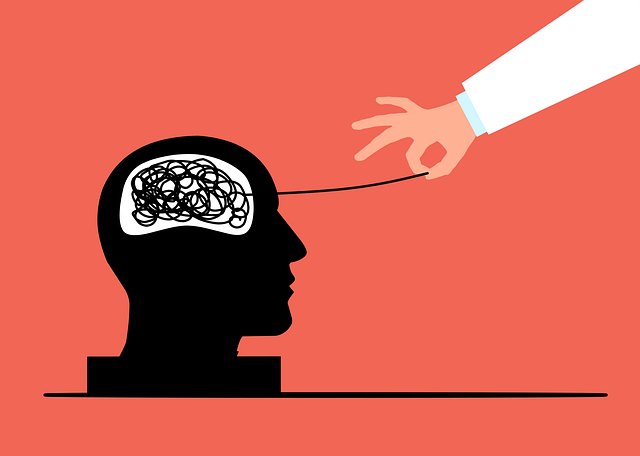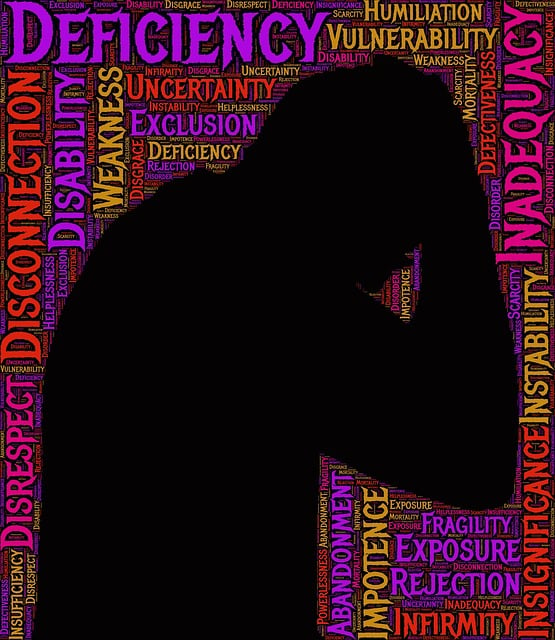Westminster Child Abuse Therapy prioritizes cultural competency as a key component of its patient care, fostering trust through tailored therapeutic relationships with diverse patients. Using emotional intelligence and self-awareness exercises, the center equips providers to navigate cultural differences, improving satisfaction and mental health outcomes for marginalized communities. Specializing in trauma support for young individuals, Westminster Child Abuse Therapy creates safe spaces for healing, recovery, and building resilience using evidence-based practices.
Healthcare provider cultural competency training is a vital component of delivering effective patient care, especially in diverse communities. This article explores the importance of cultural competency at Westminster Child Abuse Therapy, highlighting the potential impact of cultural incompetence on vulnerable populations. We delve into the consequences of cultural missteps and present practical strategies for designing and implementing successful training programs to enhance cultural sensitivity among healthcare providers.
- Understanding Cultural Competency in Healthcare: A Necessity for Effective Patient Care at Westminster Child Abuse Therapy
- The Impact of Cultural Incompetence and Its Consequences on Vulnerable Populations
- Designing and Implementing Effective Training Programs to Enhance Cultural Competency Among Healthcare Providers at Westminster Child Abuse Therapy
Understanding Cultural Competency in Healthcare: A Necessity for Effective Patient Care at Westminster Child Abuse Therapy

Cultural competency is an essential aspect of healthcare that allows professionals to deliver effective and compassionate patient care at Westminster Child Abuse Therapy. In today’s diverse society, understanding different cultural backgrounds, beliefs, and values is crucial for building trust and fostering positive therapeutic relationships. The ability to navigate cultural differences can significantly impact the overall experience and outcomes for patients, especially those from marginalized or underrepresented communities.
Westminster Child Abuse Therapy recognizes that emotional intelligence, conflict resolution techniques, and self-awareness exercises play a pivotal role in enhancing cultural competency. By equipping healthcare providers with these tools, the therapy center enables them to recognize and respect individual cultural norms, ensuring every patient receives personalized care. This approach not only improves patient satisfaction but also promotes better mental health outcomes, as it addresses the unique needs of diverse populations within the community served by Westminster Child Abuse Therapy.
The Impact of Cultural Incompetence and Its Consequences on Vulnerable Populations

Cultural incompetence within healthcare systems can have profound and detrimental effects on vulnerable populations, including those affected by child abuse. When healthcare providers lack cultural understanding and sensitivity, they may unintentionally perpetuate biases and stereotypes, leading to inaccurate diagnoses, inadequate treatment plans, and a breakdown in trust between patients and caregivers. This is particularly harmful when dealing with sensitive issues like child welfare, where accurate assessment and supportive care are paramount.
For instance, a study by Westminster Child Abuse Therapy highlights how cultural differences in communication styles, family structures, and views on privacy can hinder the reporting and treatment of child abuse cases. Caregivers from diverse backgrounds may face language barriers or feel intimidated by authority figures, leading to delays in seeking help. Healthcare Provider Cultural Competency Training equips professionals with the tools to overcome these challenges, fostering a more inclusive environment where everyone receives respectful, compassionate, and culturally sensitive care. Positive thinking and compassion cultivation practices are integral to this process, ensuring that providers can offer holistic support tailored to each individual’s unique needs.
Designing and Implementing Effective Training Programs to Enhance Cultural Competency Among Healthcare Providers at Westminster Child Abuse Therapy

Cultural competency training is an indispensable tool for healthcare providers, particularly those working with vulnerable populations at institutions like Westminster Child Abuse Therapy. By equipping staff with the knowledge and skills to navigate diverse cultural contexts, we can mitigate the adverse effects of cultural incompetence and improve patient outcomes. The case studies presented in this article underscore the transformative potential of such training programs, demonstrating their ability to foster empathy, promote effective communication, and ultimately provide more holistic care. As healthcare continues to evolve, ongoing investment in cultural competency education will remain vital for ensuring inclusive and equitable access to quality services at Westminster Child Abuse Therapy and beyond.








